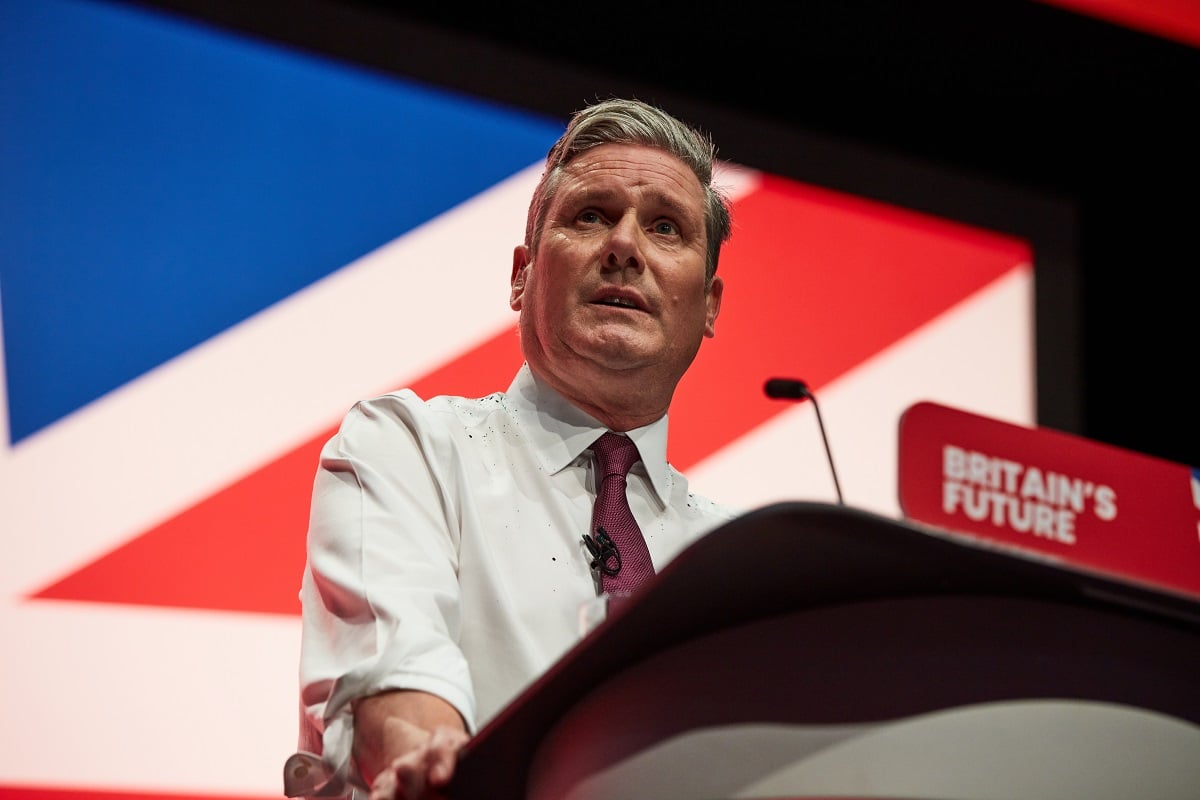In the run-up to the general election, the Conservatives and Labour find themselves confronted by the looming spectre of spending cuts, prompting intense scrutiny and debate over their respective economic strategies. Here’s the full story.
Economic Uncertainty

As the United Kingdom gears up for the impending general election, the actual date of which has still not been announced, the cloud of economic uncertainty hangs heavy over the land.
Alarms Raised

The Institute of Fiscal Studies (IFS) has raised a series of alarms as the spectre of the election moves ever closer.
“Conspiracy of Silence”

The IFS has accused Labour and the Conservative Parties of a “conspiracy of silence” regarding the daunting prospect of spending cuts or tax increases.
Economic Challenges
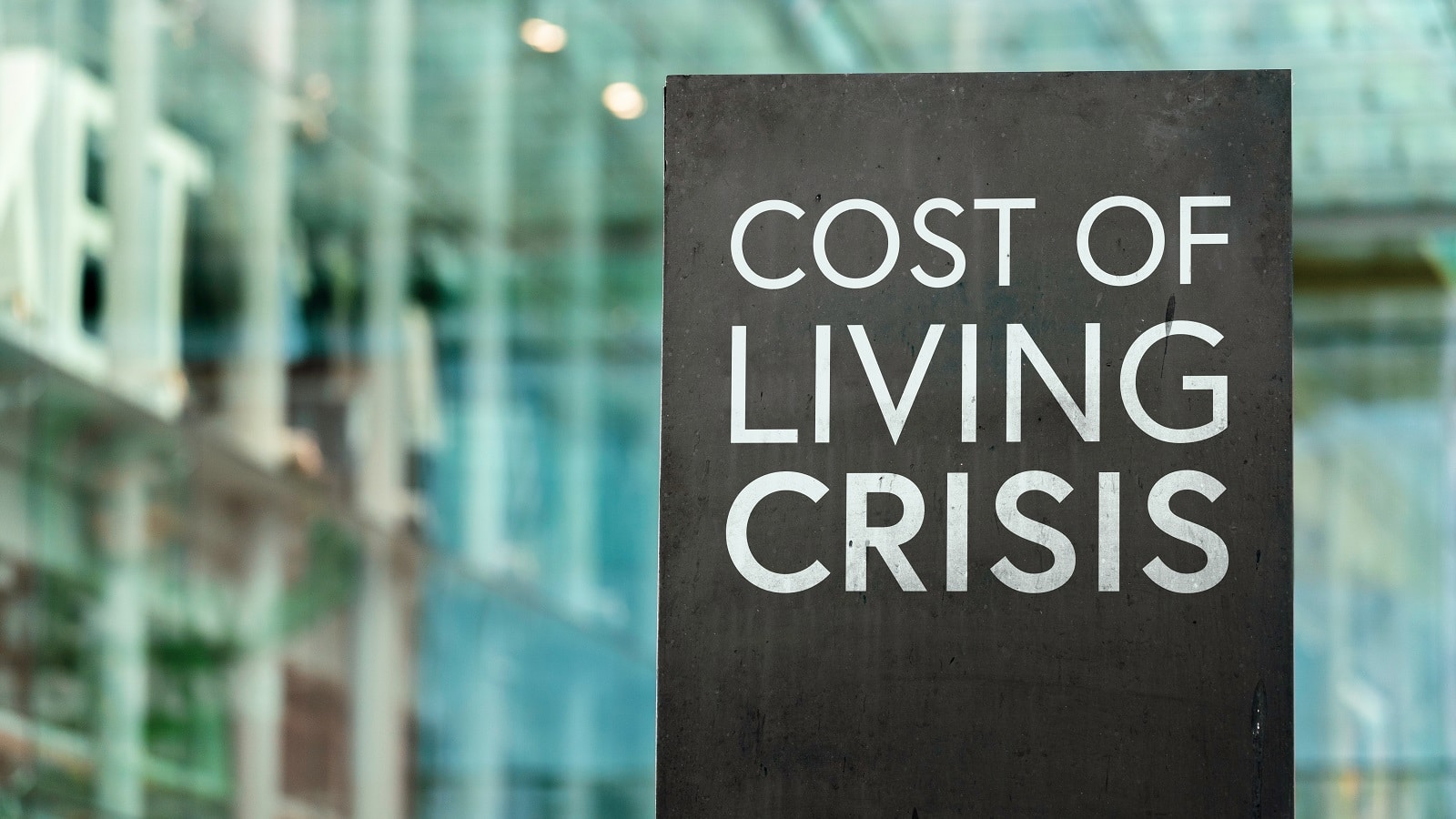
With the country still grappling with a cost of living crisis, whatever government the country chooses, a series of economic challenges lie in wait.
Difficult Task
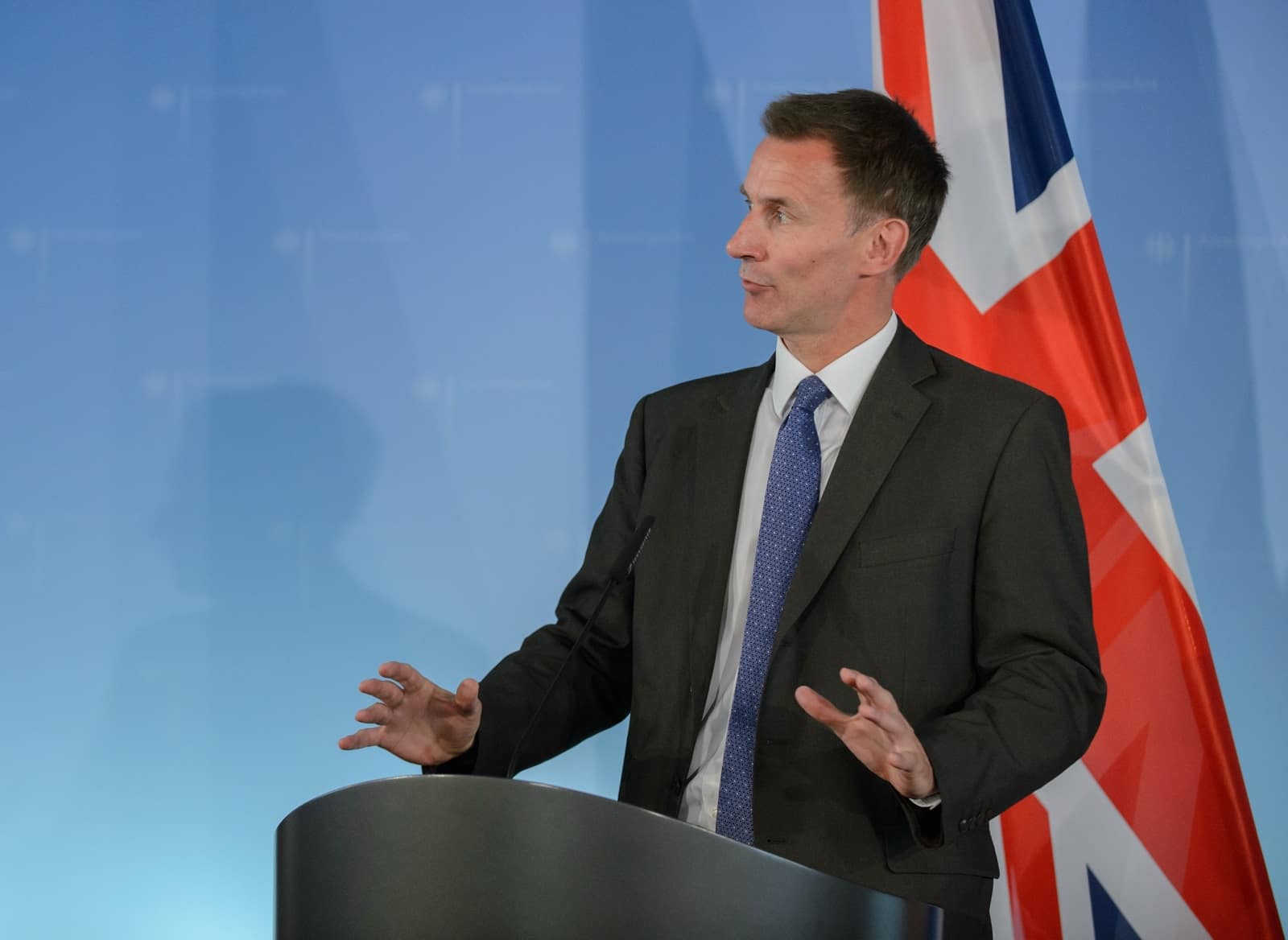
Chancellor Jeremy Hunt has acknowledged the difficult task ahead, admitting that the government will be hard-pressed to adhere to their current spending constraints.
Future Austerity
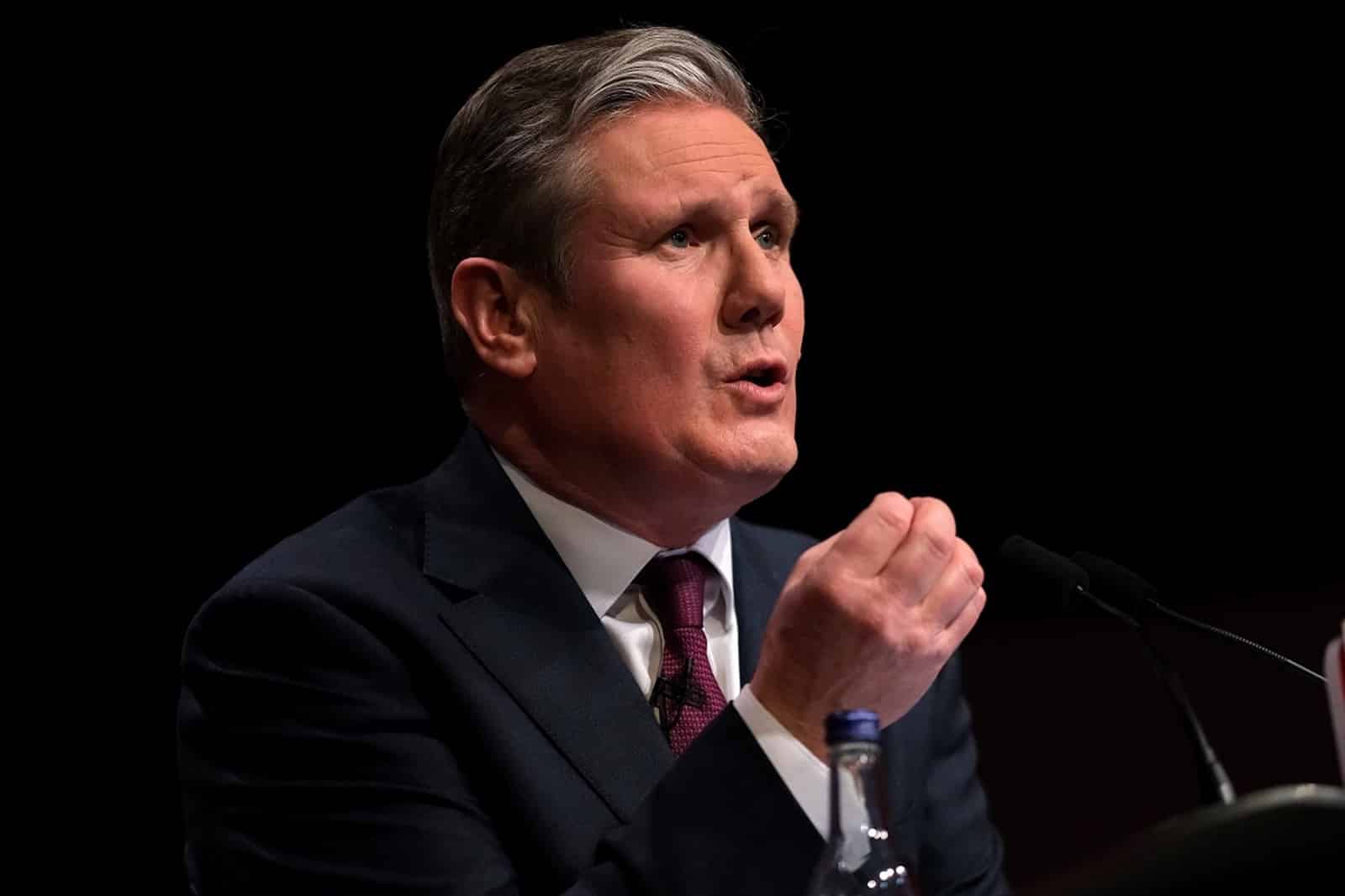
Labour, too, has acknowledged the necessity of future austerity measures to support its policy ambitions.
Contentious Debate
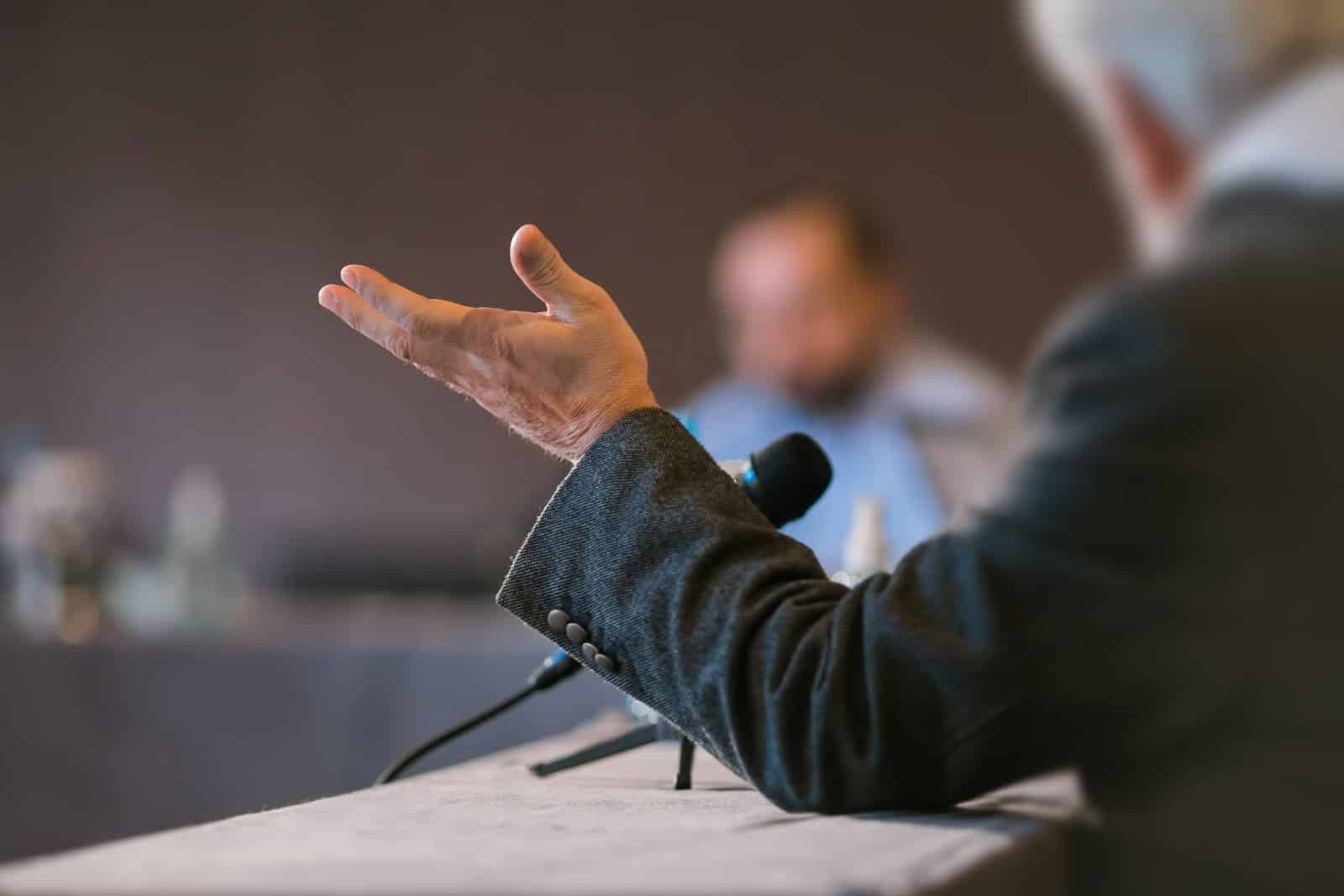
With both parties admitting that the economic forecasts are tempestuous at best, the stage is set for a contentious debate over the nation’s fiscal future.
Anticipation and Trepidation
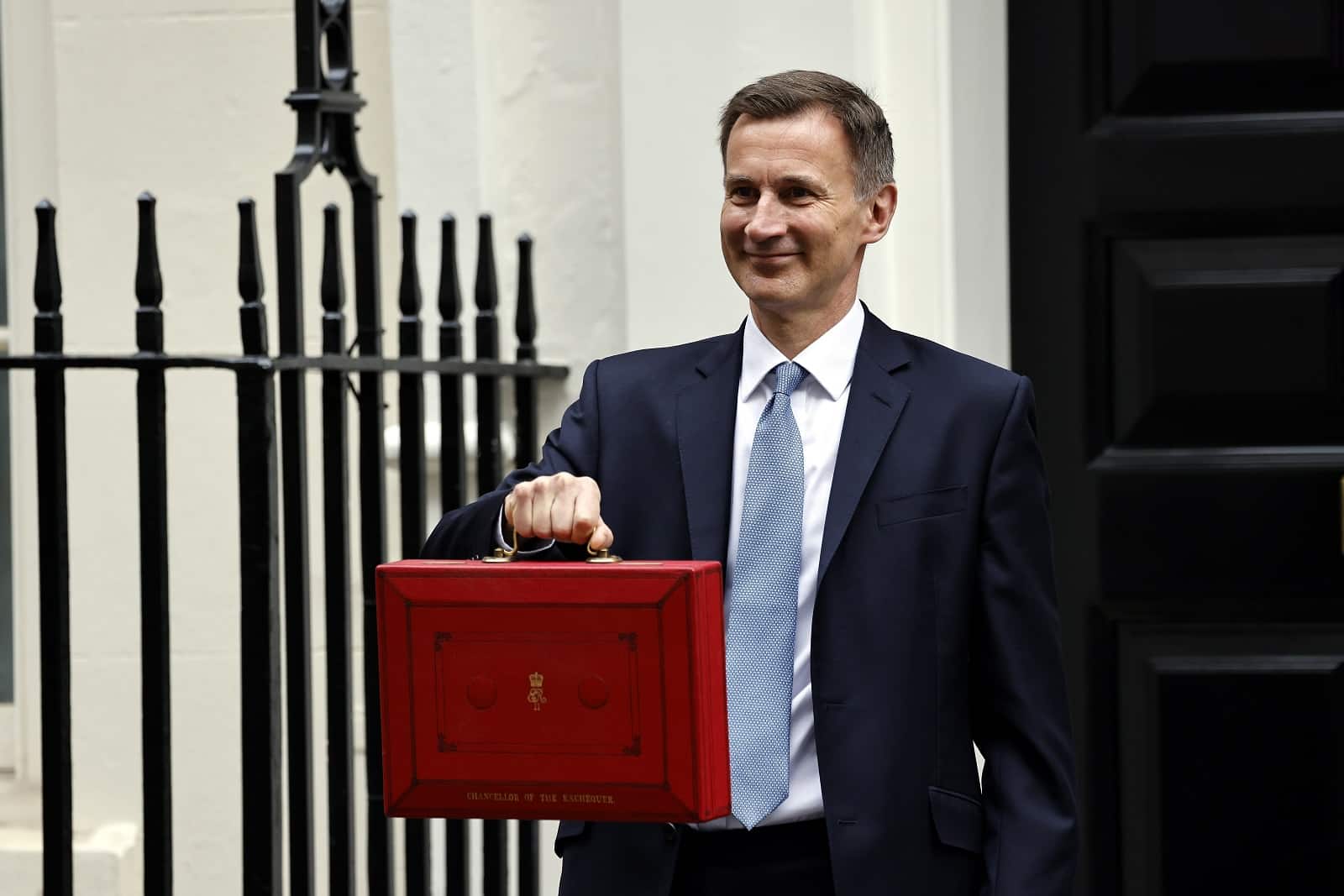
Against this backdrop, the recent Budget unfolded with a mix of anticipation and trepidation.
Minimal Changes
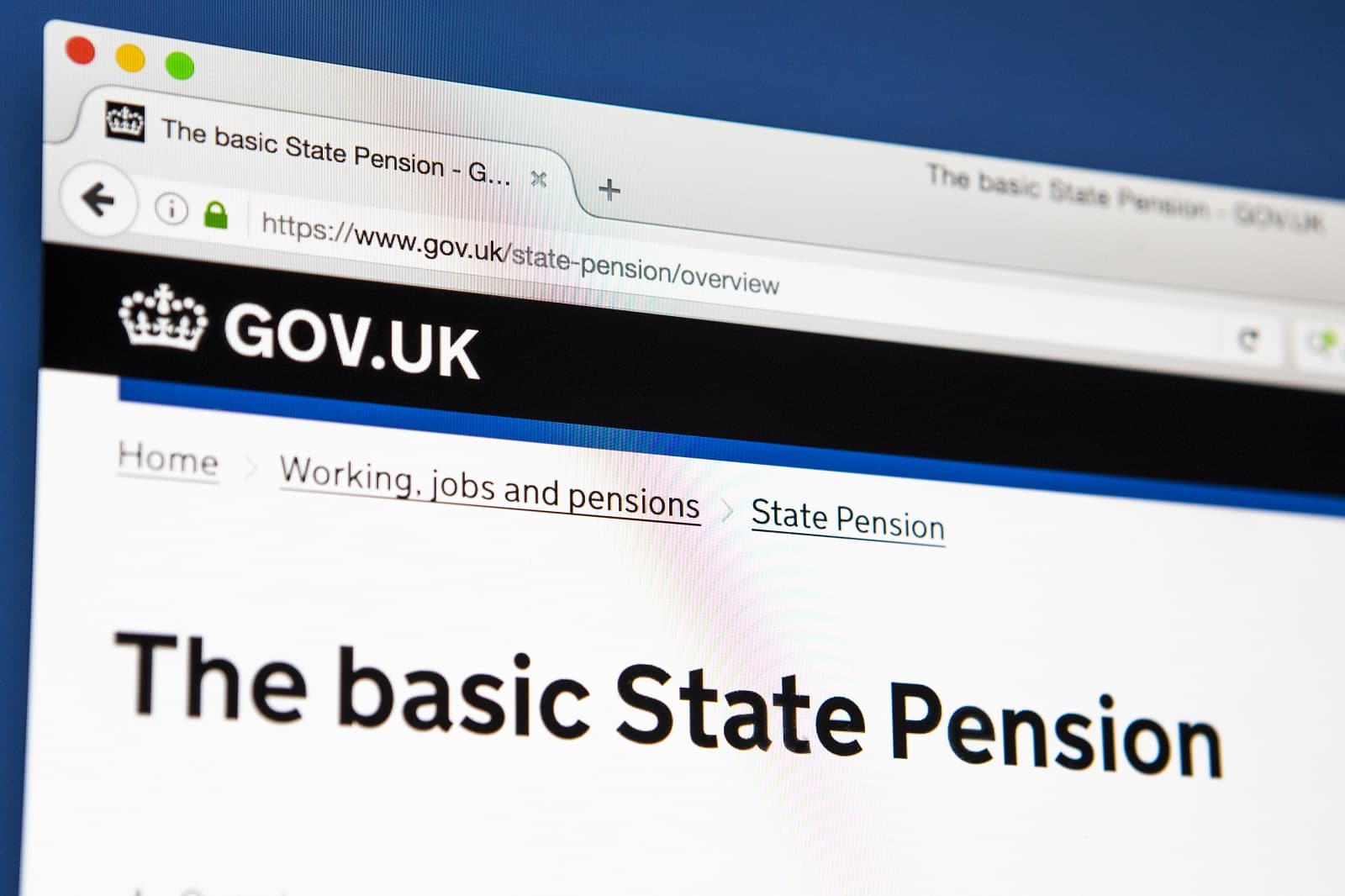
Chancellor Hunt’s decision to make minimal changes, such as a small reduction in National Insurance and a new vaping tax, gave the impression of a government attempting to right the plates as the Titanic sinks.
“Humiliating”
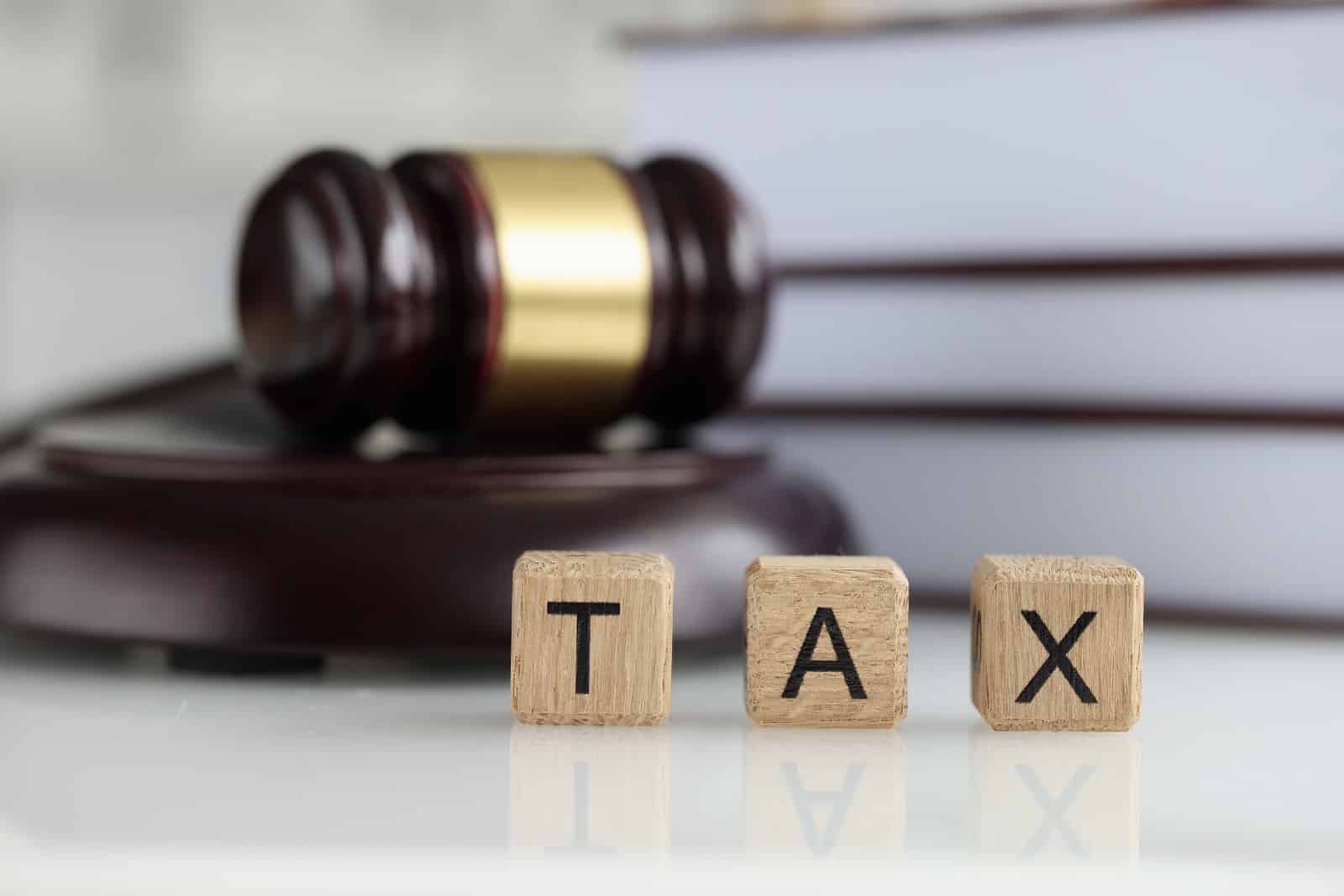
Hunt also made the contentious decision to steal the Labour Party’s policy of abolishing non-dom tax status, which Labour Leader Keir Starmer described as “humiliating.”
“Nothing Has Changed”
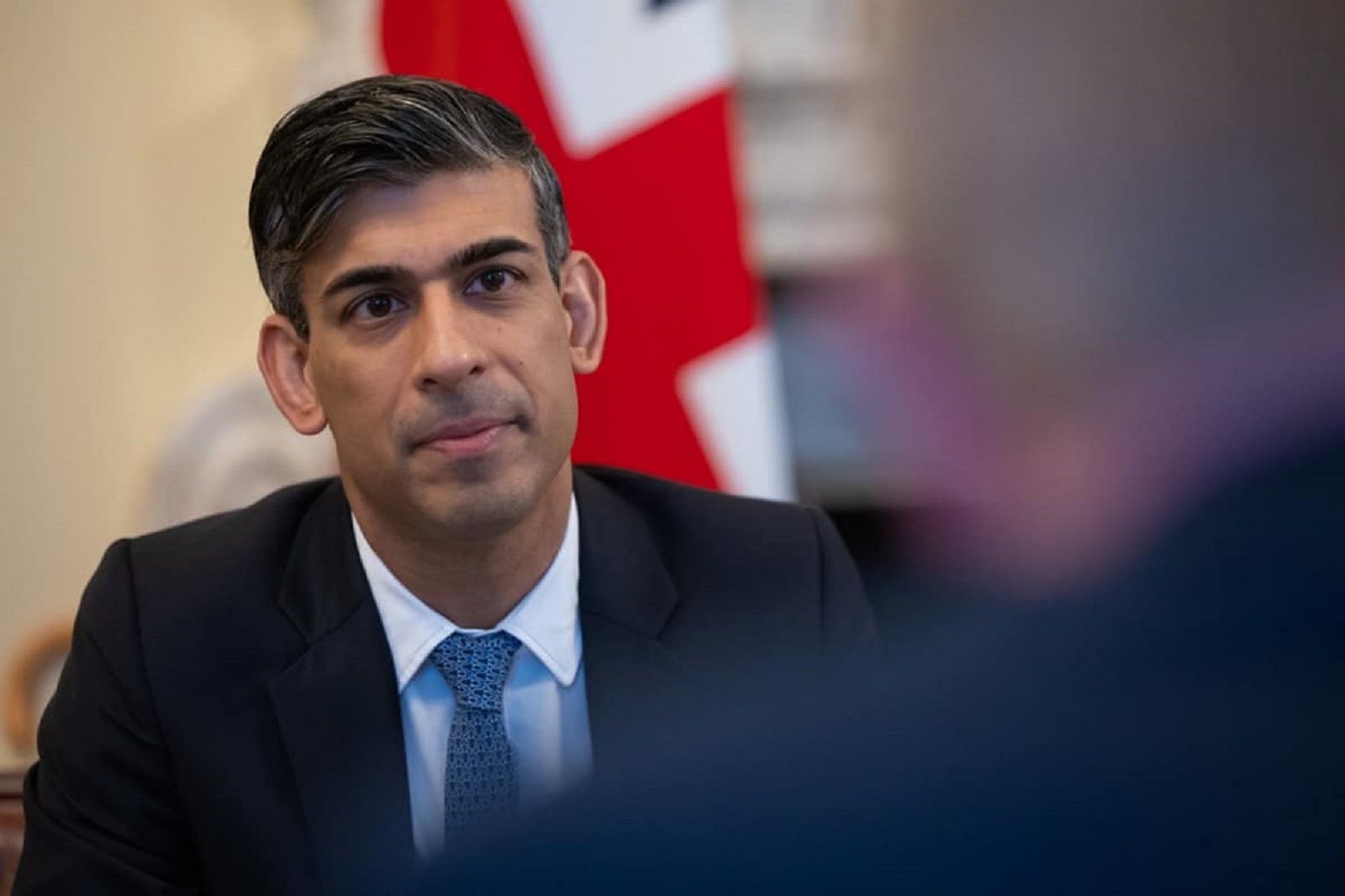
Amid swirling speculation over the timing of the general election, Prime Minister Rishi Sunak remained tight-lipped, telling the BBC that “nothing has changed” regarding his plan to hold the election in the latter half of the year.
Autumn Election
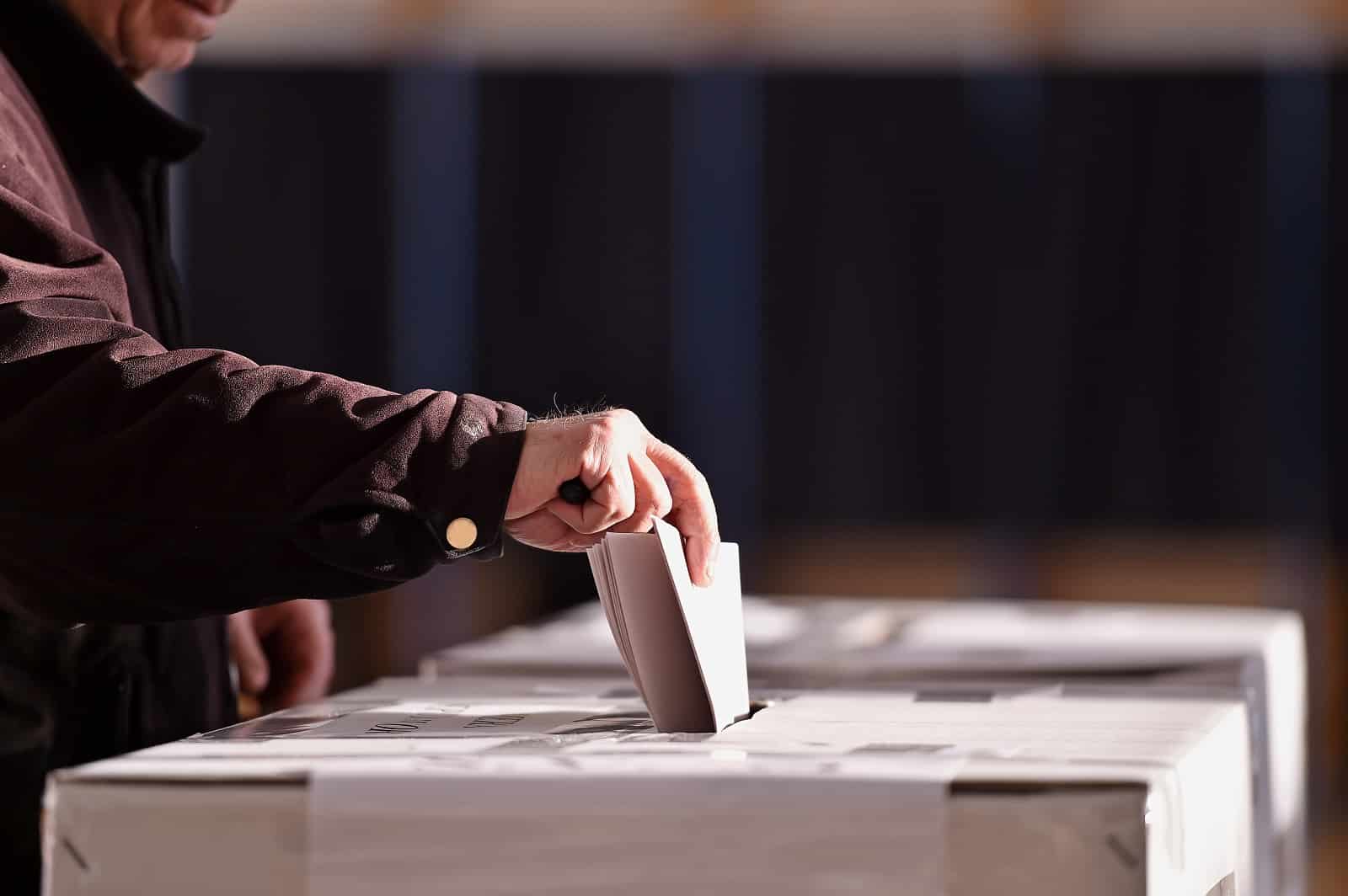
Sunak stated, “I was very clear about this at the beginning of the year about my working assumption for the election being in the second half of the year.”
Shifting the Narrative

Sunak also claimed that Labour attempted to shift the narrative away from the issues by focusing on the election date because his opponents “don’t want talk about the substance.”
Dire Warnings

The IFS’s dire warnings paint a stark picture of the economic challenges ahead. Director Paul Johnson bemoaned the painful truth that debt levels are at their highest in seven decades.
Modest Increases

Chancellor Hunt’s pledge to maintain modest spending increases masks the harsh reality facing unprotected departments, which are staring down the barrel of significant budget cuts.
Delayed Reviews

The lack of detailed spending plans, compounded by delays in the spending review, exposes a policy void that threatens to exacerbate the country’s considerable economic woes.
“Work of Fiction”

The independent analysis from the Office for Budget Responsibility (OBR), which described the spending plans as a “work of fiction,” serves as a sobering reminder of the uncertainties surrounding the government’s fiscal projections.
Questions Linger
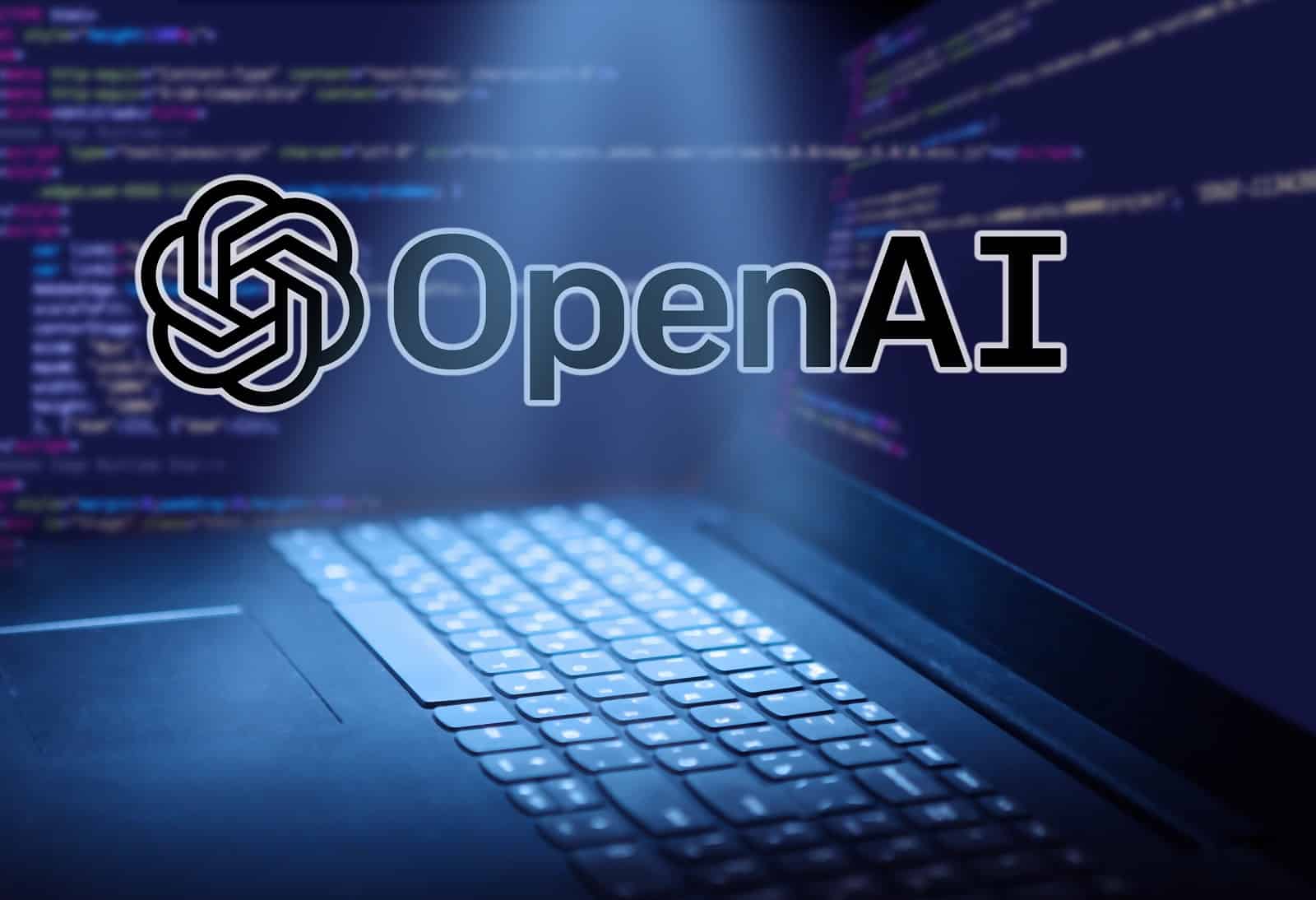
Questions linger over the feasibility of productivity enhancements touted by Chancellor Hunt, such as increased use of AI within government systems, with serious concerns about such new technologies’ ability to reduce costs.
Labour’s Priorities
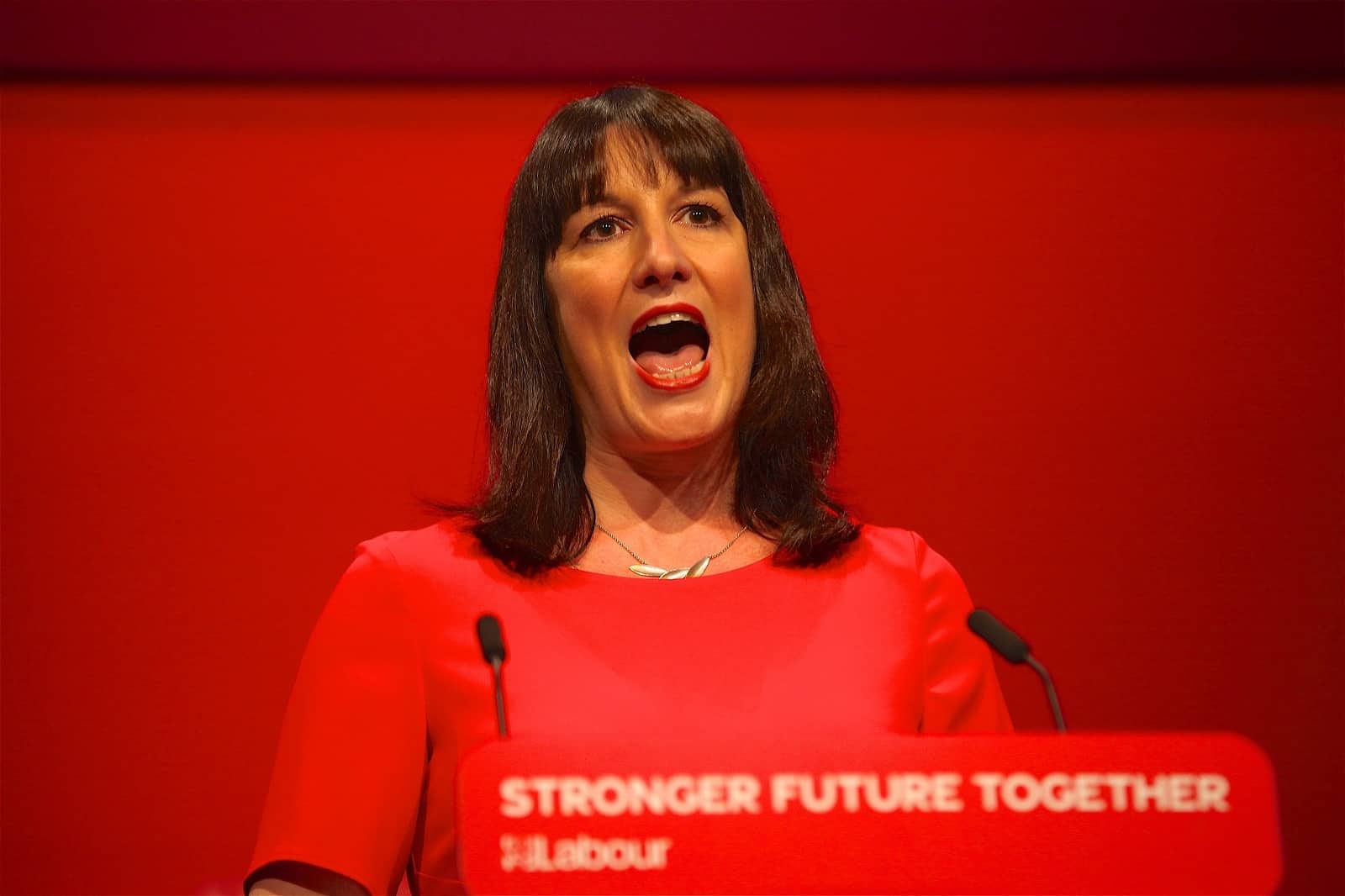
Labour remains resolute in its plans to find the money for its spending plans through other means. Shadow Chancellor Rachel Reeves states that, though it may be difficult, they would “find that money, because it is a national priority, and it is a Labour priority.”
Separate Projections

As if the OBR’s analysis was not enough of a thorn in the side of the political parties, a separate think tank, the Resolution Foundation, has its own economic projections.
Economic Inequality

Their analysis paints a grim picture of economic inequality, with the Budget of £9 billion in tax cuts being overshadowed by £27 billion in tax increases already announced, followed by £19 billion that would need to be introduced following the election.
Winners and Losers

A Resolution Foundation spokesperson stated, “Middle earners have come out on top, while taxpayers earning below £26,000 or over £60,000 will lose out. The biggest group of losers are pensioners, who face an £8bn collective hit.”
Wage Stagnation

Moreover, the forecast of prolonged wage stagnation casts a long shadow over the nation’s economic prospects, raising questions about the sustainability of the current government’s self-imposed fiscal rules.
At the Crossroads

Currently, the United Kingdom stands at a crossroads, with both parties accepting that, regardless of the election’s outcome, tough decisions will have to be made regarding the country’s finances.
Problematic Future
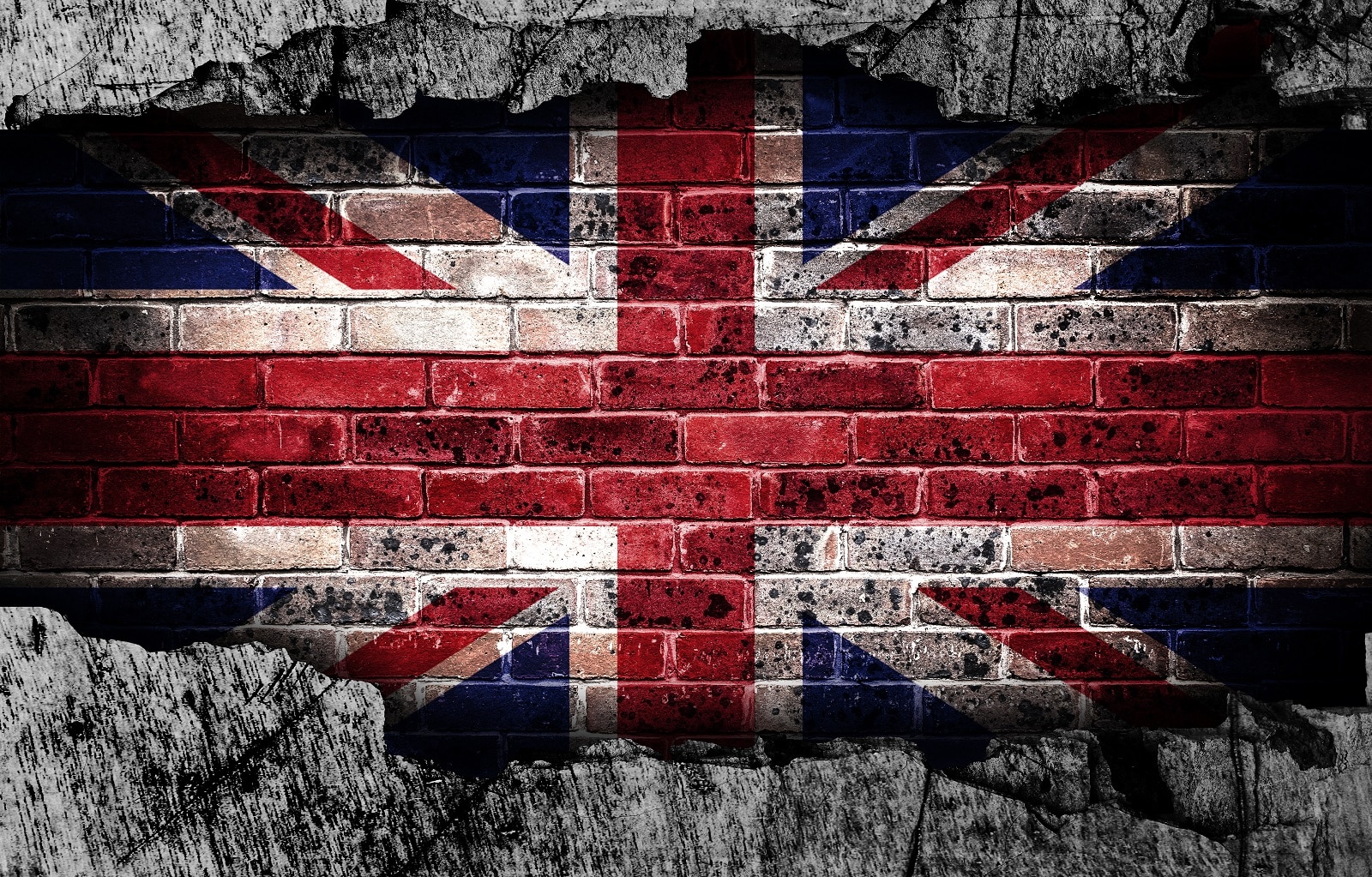
Regardless, either outcome guarantees a problematic future for a country that has endured its fair share of economic uncertainty.
25 Things You CAN’T Talk About Anymore
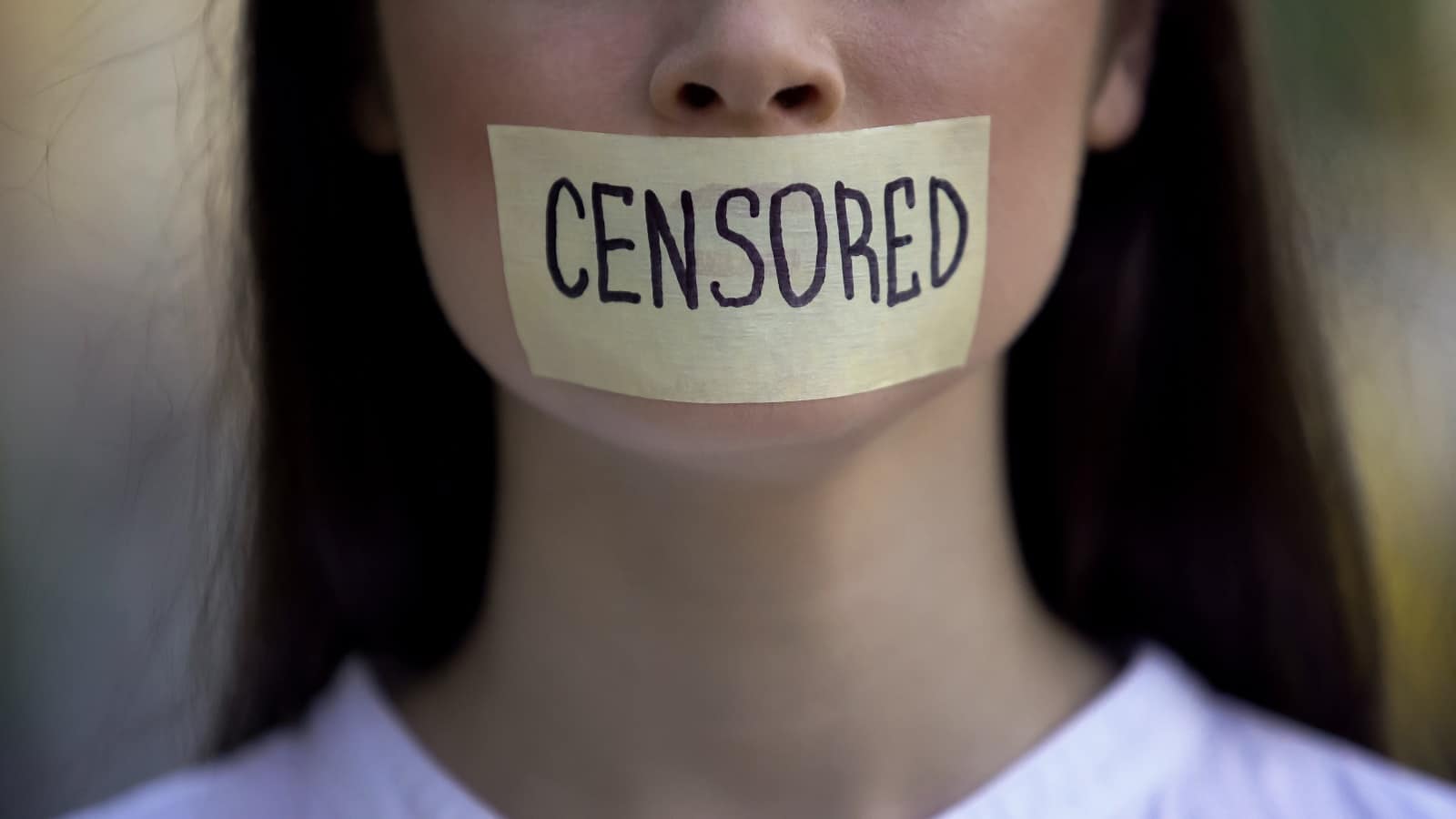
Remember the days when you could freely discuss just about anything without fear of sparking controversy? Well, those days are long gone. In today’s hyper-sensitive world, there are topics so fraught with tension that even mentioning them can lead to heated debates and hurt feelings. 25 Things You CAN’T Talk About Anymore
Stranded: 15 Worst British Cars in History
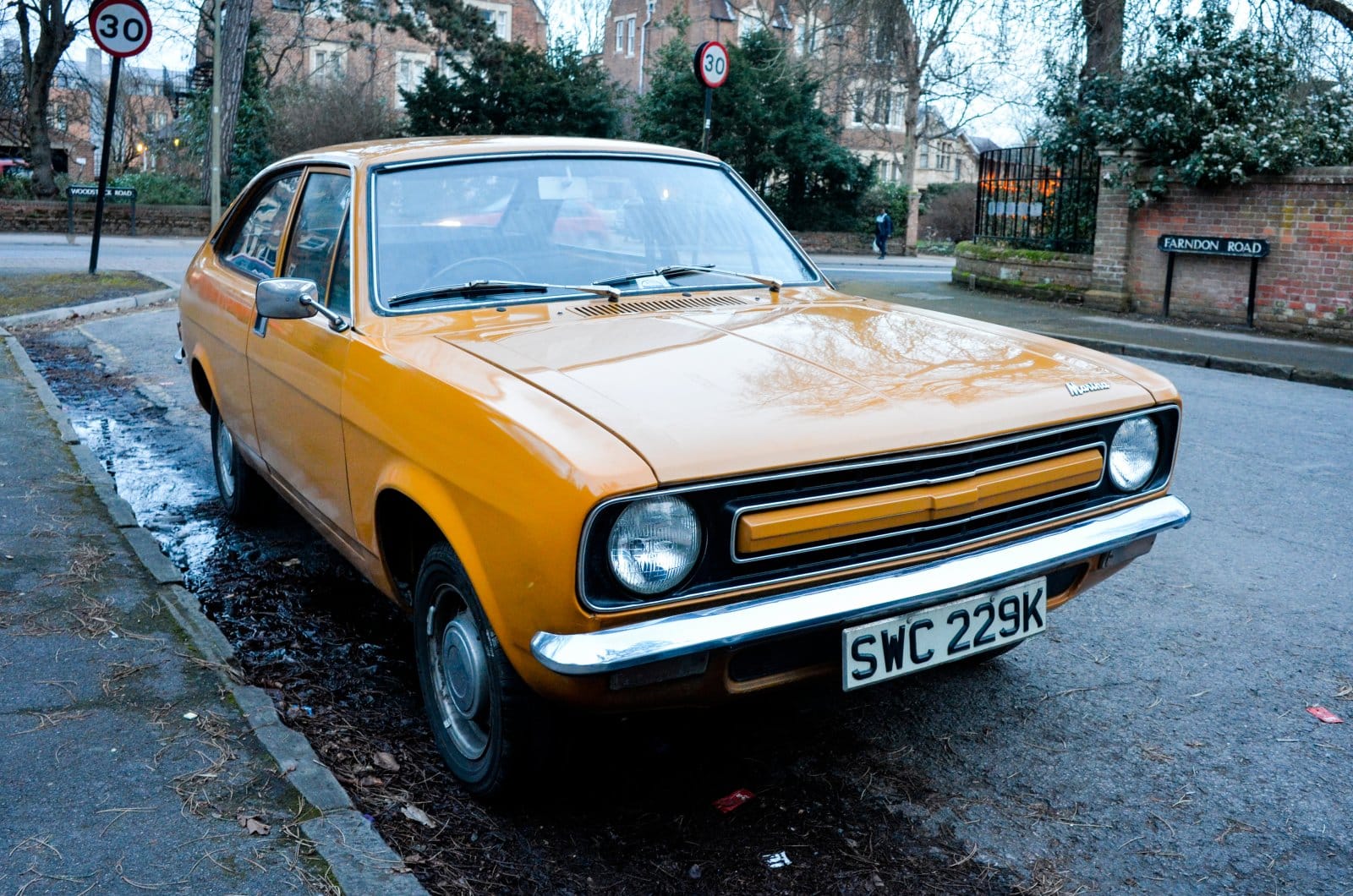
Ever had a car that spent more time with the mechanic than on the road? A car that turned every journey into a game of “Will we actually get there?” If so, you might just see a familiar face (or should we say, chassis) in our countdown to the most unreliable British car in history. Stranded: 15 Worst British Cars in History
“Britain Will Become Unrecognizable” – Suella Braverman Spells Disaster for UK Amid Steep Rise in Visas Issued

Former Home Secretary Suella Braverman has warned that Britain will become “unrecognizable,” criticizing the amount of work visas the Home Office has approved, despite only being removed from her role in November. “Britain Will Become Unrecognizable” – Suella Braverman Spells Disaster for UK Amid Steep Rise in Visas Issued
20 Things From the ‘70s That Are Not OK Today

Step into the time machine and set the dial to the 1970s, a decade of disco, bell-bottoms, and some rather questionable choices. While the ’70s gave us iconic music and groundbreaking TV, not everything from this groovy era would get a green light today. 20 Things From the ‘70s That Are Not OK Today
20 Best and Worst Universities in the UK
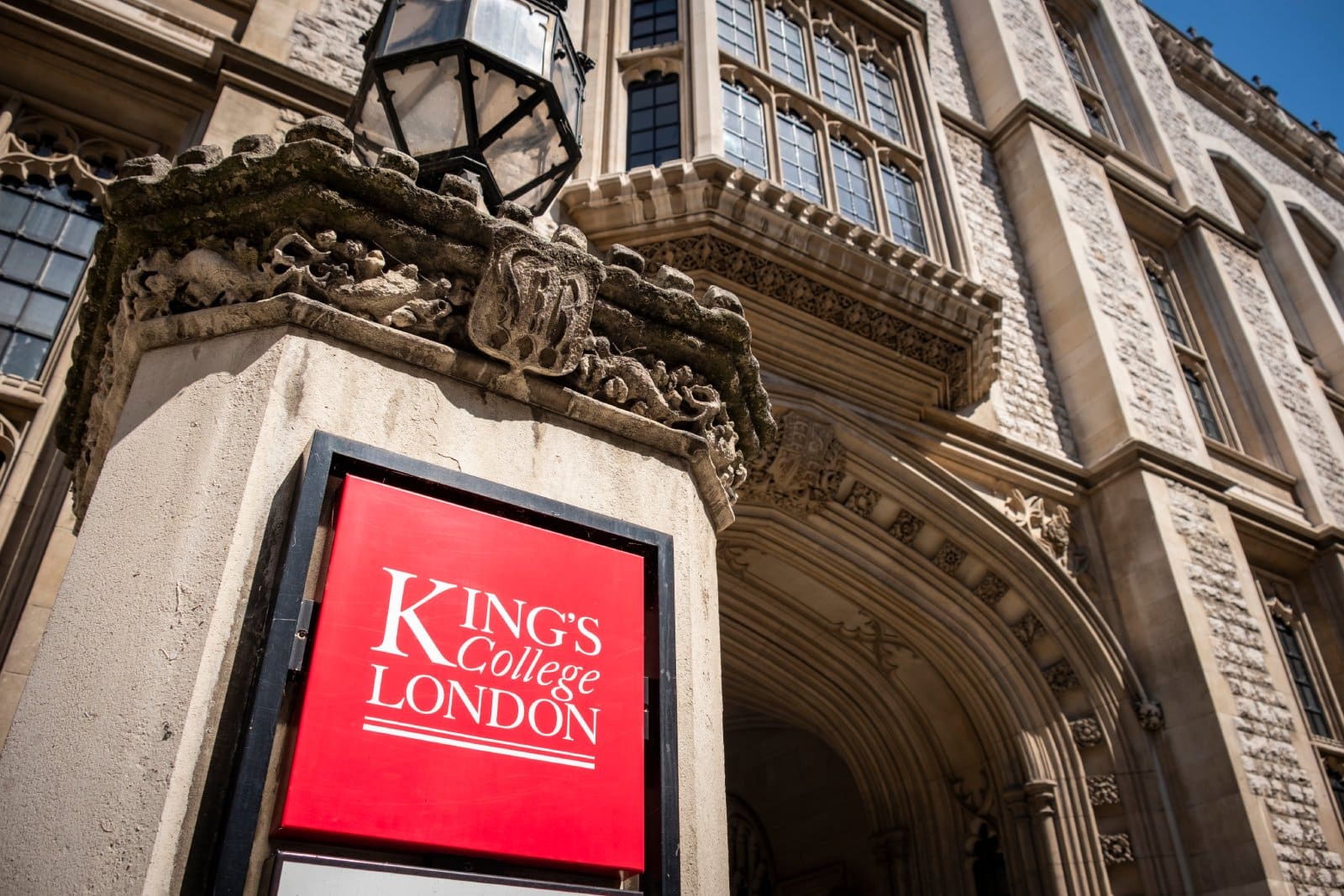
Navigating the UK university landscape is like deciphering a complex code of rankings, reviews, and reputations to uncover where you’ll not just learn, but truly flourish. Whether you’re drawn to the historic halls of Oxford or the creative buzz of Goldsmiths, finding your perfect fit is about aligning your aspirations with the unique offerings of each institution. 20 Best and Worst Universities in the UK
The post Looming Spending Cuts Face Tories and Labour, the Elephant in the Room Nobody’s Acknowledging first appeared on Edge Media.
Featured Image Credit: Shutterstock / Martin Suker.
Grant Gallacher is a seasoned writer with expertise in politics and impactful daily news. His work, deeply rooted in addressing issues that resonate with a wide audience, showcases an unwavering commitment to bringing forth the stories that matter. He is also known for satirical writing and stand up comedy.

